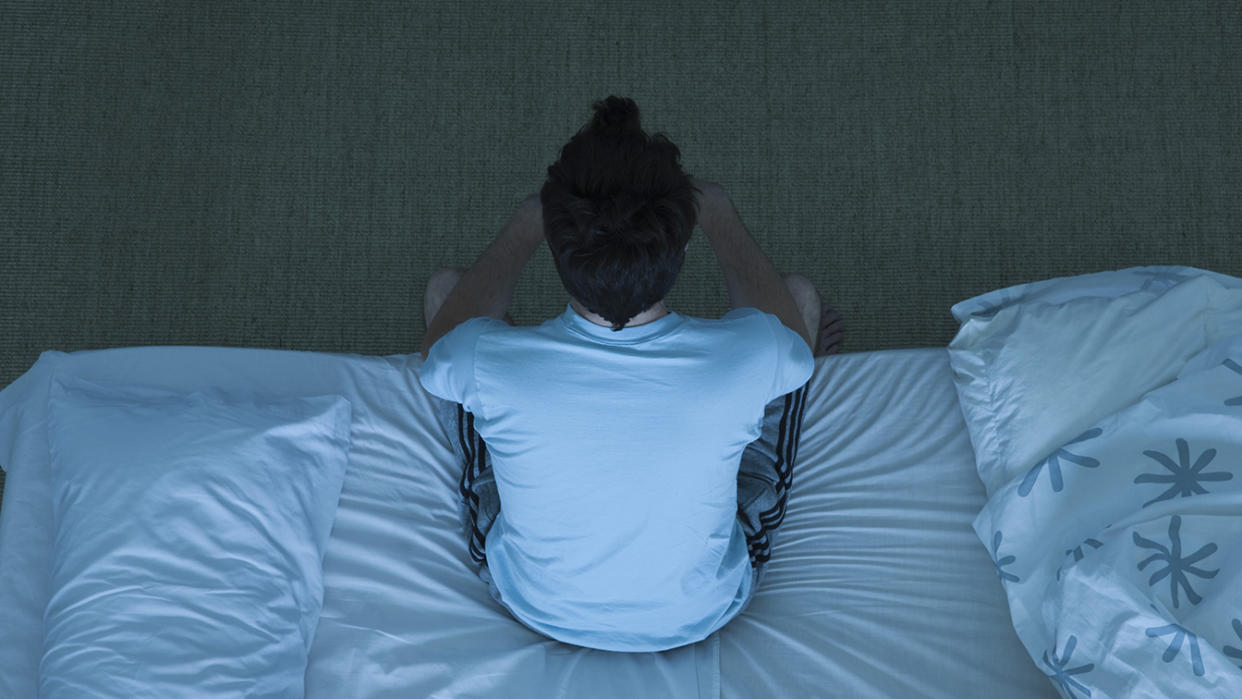Climate change will harm sleep: Study

By the end of this century, warmer temperatures will cost humans an average of 50 to 58 hours of sleep per person per year, according to a new study in the journal One Earth. That works out to a little less than 10 minutes per night.
Researchers used weather data and information from devices tracking sleep to measure the effect of excess heat on sleep. More than 47,600 people in 68 countries wore sleep-tracking wristbands between September 2015 and October 2017.
The researchers then compared the sleep records with local weather and climate data to see how heat affected each participant's sleep.
"We found that nights that were randomly warmer than average eroded human sleep duration within individuals globally," said study co-author Kelton Minor, a doctoral student in planetary social and behavioral data science at the University of Copenhagen in Denmark, according to HealthDay News. "We estimated that people slept less and the probability of having a short night of sleep increased as nights became hotter."
Based on how much sleep loss higher temperatures cause — an average of 14 minutes less than on the lowest-temperature nights — Minor and his colleagues estimated the impact of more frequent very hot nights due to climate change.
The effect of lost sleep isn’t just a matter of comfort. Lack of sleep has a host of potential health implications, including heart disease and mental health problems.

“A lack of sleep has been associated with reduced cognitive performance, diminished productivity, compromised immune function, adverse cardiovascular outcomes, depression, anger, and suicidal behavior,” the One Earth article notes. “High ambient temperatures have been associated with reduced subjective sleep quality.”
Heat impedes sleep because one’s core body temperature must drop in order to fall asleep. As anyone who has woken up in the middle of the night to throw off a blanket knows, sleeping bodies shed heat into their surrounding environment. That becomes harder as temperatures rise.
And temperatures are rising due to greenhouse gas emissions from burning fossil fuels. The global average temperature is 1.1 degrees Celsius (2 degrees Fahrenheit) higher than it was before the Industrial Revolution. If warming continues, sleep will suffer.
The diminished rest will not be evenly distributed. It will fall much harder on developing countries with warmer climates, such as India, where air conditioning and reliable electricity are scarce. It will also affect women more than men and the elderly more than the young, because the body’s ability to regulate temperature decreases with age.
"The estimated sleep loss per degree of warming was twice as large among the elderly compared to younger or middle-aged adults, three times larger for residents living in lower-income versus high-income countries, and significantly larger for females than males," Minor said.
The fact that sleep loss was three times as great in poorer countries in regions such as South Asia implies that people do not get used to falling asleep at warmer temperatures, although the study did not adjust for the main likely reason: more prevalent air conditioning in northern countries, such as those in Europe and North America, which tend to be richer. On the other hand, countries in Africa were underrepresented in the study, meaning that extreme heat could have even stronger effects on sleep than the study showed, researchers said.
_____
Global temperatures are on the rise and have been for decades. Step inside the data and see the magnitude of climate change.
